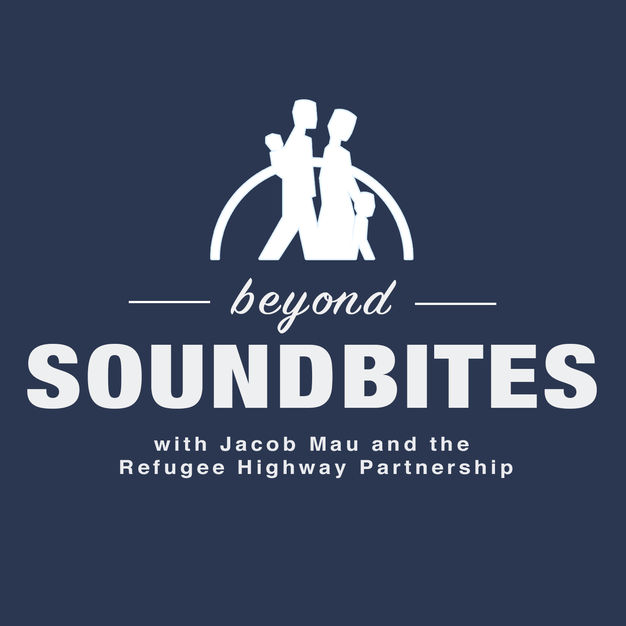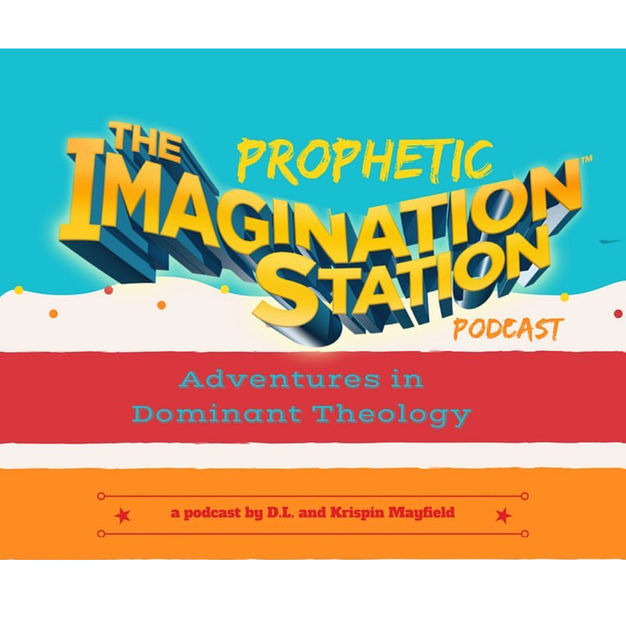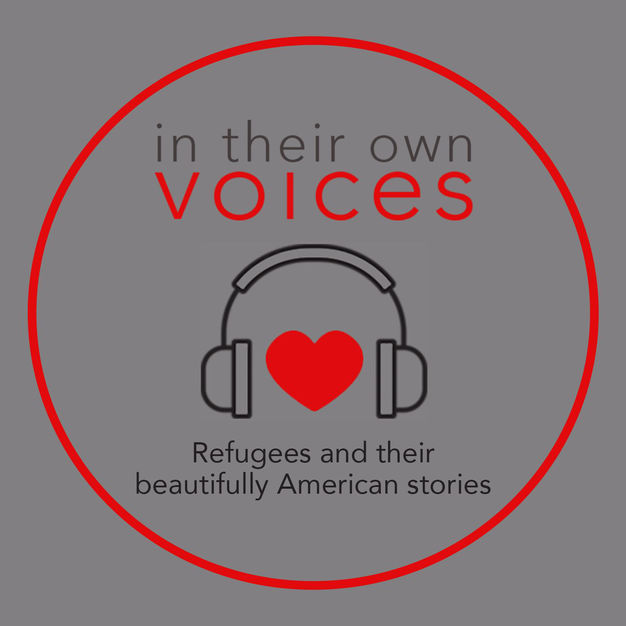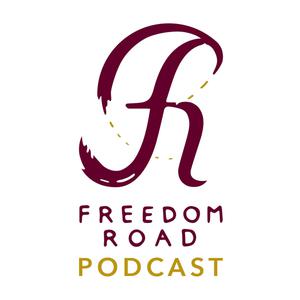
Beyond Soundbites
Jacob Mau
Refugee resettlement worker Jacob Mau burned out in 2017. After that he traveled abroad with members of the Refugee Highway Partnership to spend time with displaced people. Beyond Soundbites Podcast invites you to join Jacob and the RHP on a journey to rediscover the personhood behind the term "refugee," the meaning of home, and the presence of God in the stories of displaced people.
- 39 minutes 39 seconds21 - "Day by Day They Cut Down One More Lifeline"
In late 2019 and early 2020, the Trump administration’s actions were pushing migrant people in the US/Mexico borderlands into dangerous environments, while at the same time undercutting programs in the Northern Triangle that effectively address root causes of migration.
This episode takes us to a “sending community” in Honduras and a “receiving community” in Mexico to hear from people fighting for the good of their neighbors in the volatile landscapes shaped by these policies. Their insights move us to ask, “What types of policies could we expect to see through and after Covid if the Trump administration continues four more years?”23 October 2020, 4:19 am - 32 minutes 37 seconds20 - "What They Want is to Save Their Lives"
Covid-19 has all but reset our public memory. For many Americans, asylum-related topics like Remain in Mexico, zero tolerance, family separations, and safe third-country agreements have faded from our thoughts. The next two episodes provide an opportunity to revisit and remember some of those policies by hearing from people who were experiencing their outworking on the ground pre-pandemic. Their insights speak to the mentality of an administration that has continued aggressively reducing immigration across the board during the pandemic, especially for forcibly displaced people. We start by hearing from two people in Honduras. Señora Malvia runs a shoe store in Tegucigalpa and spends her time and energy caring for the families of migrant people. Alexander is a coffee farmer who made the journey north in hopes of being able to provide for his wife and kids.
23 October 2020, 4:01 am - 3 minutes 54 seconds19 - Prologue
Before diving into two episodes focused on Central America and asylum issues, Jacob pauses briefly to review his connection to refugee issues. He invites new listeners into his journey of learning to look for the image of God in various groups of immigrants—asylum seekers, refugees, and economic migrants.
23 October 2020, 1:30 am - 30 minutes 40 seconds18 - The Reason I'm Here (Part 2)
This episode is part two of two in a sequence where we consider the significance of the Refugee Act of 1980 (signed in to law 40 years ago) through the eyes of one of its beneficiaries, 26-year-old Trang Tran. In the last episode we learned the basic shape of her grandfather’s story and reviewed the history, conflict, and global migration trends that allowed him and his family to resettle to a Chicago suburb in the early 1990s. Now we’ll back up the timeline and zoom in to understand how Trang’s family navigated the challenges and opportunities presented by resettlement.
7 October 2020, 10:22 pm - 31 minutes 1 second17 - The Reason I'm Here (Part 1)
Trang Tran and her family were resettled under the auspices of the Refugee Act of 1980 by an organization called World Relief. Hailing from Vietnam, the family landed in the Chicago suburb of Wheaton when Trang, now 26, was just shy of a year old. In the next two episodes, she talks about the forces—international and interpersonal—that have shaped her sense of identity and home. In episode 17, we start with memories of her Grandpa, then zoom out to consider the socio-political context of her family’s journey.
7 October 2020, 10:09 pm - 14 minutes 33 seconds16 - Seventy Percent Alcohol, Thirty Percent Aloe (Displaced During COVID-19 Part 4)
This is the second half of our conversation with Bethany, a relief worker and missionary who supports migrant people and asylum-seekers in southern Spain. Last episode gave us the regional context and some of the issues displaced people typically face in Spain. Now we hear about how families at the center she and her team run fared in the weeks between March 14 and May 11.
15 May 2020, 6:41 am - 17 minutes 50 seconds15 - The Straits of Gibraltar (Displaced During COVID-19 Part 3)
In part three of our displaced during COVID-19 series, we learn background on the Mediterranean migration routes and meet an American relief worker and missionary named Bethany, who lives in southern Spain. Bethany shares about some of the challenges asylum-seekers and migrant people typically face there. This sets the stage for better understanding the challenges introduced since the pandemic began, which Bethany discusses in the next episode.
15 May 2020, 6:25 am - 17 minutes 30 seconds14 - Unraveled and Repurposed (Displaced During COVID-19 Part 2)
SJ Holsteen from IAFR Jonathan House in St. Paul Minnesota is a residential worker who lives with four women currently seeking asylum. She shares about the importance of safe and stable housing for asylum seekers during COVID-19.
For additional information about how COVID-19 is affecting immigration hearings and asylum-seekers in the U.S., here are some links and recent articles:
Executive Office for Immigration Review Website
10,000 Migrants Expelled at Border During Coronavirus
National Immigration Forum Legislative Bulletin - April 1015 April 2020, 3:03 pm - 17 minutes 40 seconds13- Bruce Willis in Juárez (Displaced During COVID-19, Part 1)
It's difficult to maintain a spirit of concern for displaced people when our own communities and families are riddled with uncertainty and pain. Yet our own frailty can become a point of empathy for those who have long persevered through isolation, instability, and loss. And empathy can become a springboard for sacrificial action.
In the next several episodes, we'll take a detour from planned production to visit people who are doing front-line work with refugees, migrants, and asylum-seekers in North America and beyond. I hope their voices, stories, and prayers will call us to generously support displaced people during COVID-19. In this episode, we visit a migrant shelter in Juárez, Mexico and speak with leaders from Abara Frontiers.1 April 2020, 8:10 am - 30 minutes 19 seconds12 - Second Baptism and the God Who Sees (part 2)
As we prepare in coming months to address asylum issues in Central America and the U.S. Southern border, we pause for a bonus Q and A with author Karen Gonzalez. Her family migrated to the U.S. from Guatemala in the 1980’s. Karen talks about her book, The God Who Sees. She answers more questions about the role of stories in raising awareness, the variety of voices needed for effective advocacy, the nuance of language, and more.
18 October 2019, 2:07 am - 27 minutes 24 seconds11 - Second Baptism and the God Who Sees (Part 1)
Through the story of her second baptism in South Los Angeles, author and immigrant advocate Karen Gonzalez challenges listeners about how our vision of refugees and immigrants compares to God’s perspective. This episode includes a reading from her book, The God Who Sees, along with an author Q&A about ministering to and with immigrant communities in mutuality.
18 September 2019, 12:10 pm - More Episodes? Get the App
Your feedback is valuable to us. Should you encounter any bugs, glitches, lack of functionality or other problems, please email us on [email protected] or join Moon.FM Telegram Group where you can talk directly to the dev team who are happy to answer any queries.
 Women of the World Refugee Podcast
Women of the World Refugee Podcast
 Prophetic Imagination Station
Prophetic Imagination Station
 Refugee Stories: In Their Own Voices
Refugee Stories: In Their Own Voices
 Only in America with Ali Noorani
Only in America with Ali Noorani
 Freedom Road Podcast
Freedom Road Podcast
 Footnotes with Jemar Tisby
Footnotes with Jemar Tisby